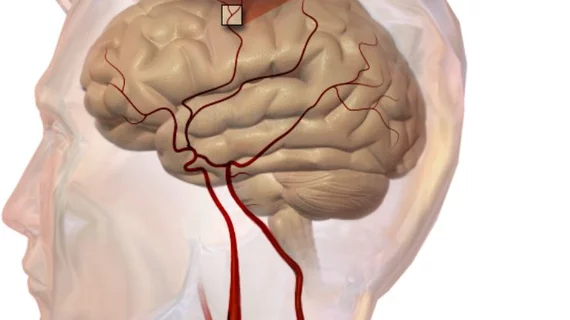Physician/AI aficionado dissects Medicare’s first agreement to pay for use of AI
CMS agreed to reimburse hospitals for using the first AI software to qualify for Medicare’s New Technology Add-on Payment mechanism (NTAP) the first week of September. Healthcare AI watchers have been unpacking the intricacies of the development ever since.
The software is Viz.ai’s stroke package called Viz LVO (aka Viz ContaCT). Its desirable attribute is its ability to speed time to treatment for stroke and, in the process, increase the odds of good outcomes. For that it can generate reimbursement of up to $1,040 per use.
One of the noteworthy development unpackers is Luke Oakden-Rayner, a radiologist and PhD candidate in medical AI who directs research in medical imaging at Royal Adelaide Hospital in Australia.
Oakden-Rayner is also a blogger. He explores the principles behind the big win for healthcare AI, and drills down into its particulars, in two carefully considered posts he put up Sept. 6 and Sept. 24.
“This is a massive deal,” he writes in the first. “I thought we were probably years away from reimbursement for AI and that it would probably start in mammography. While the exact funding mechanism is a bit strange, startups now have a clear path to follow to generate revenue.”
In the second post, Oakden-Rayner points to large stroke centers that have the Viz.ai software installed and have reported rises in thrombectomy rates of 50% to 60%.
“This is a really interesting element of the story,” he comments on the volume increases. “Do we need to train 50% more interventional neuroradiologists? AI creates jobs!”
Oakden-Rayner headlines the Sept. 6 piece “The medical AI floodgates open, at a cost of $1000 per patient” and the Sept. 24 follow-up “It’s complicated. A deep dive into the Viz/Medicare AI reimbursement model.”
Access both from his blog’s homepage.

